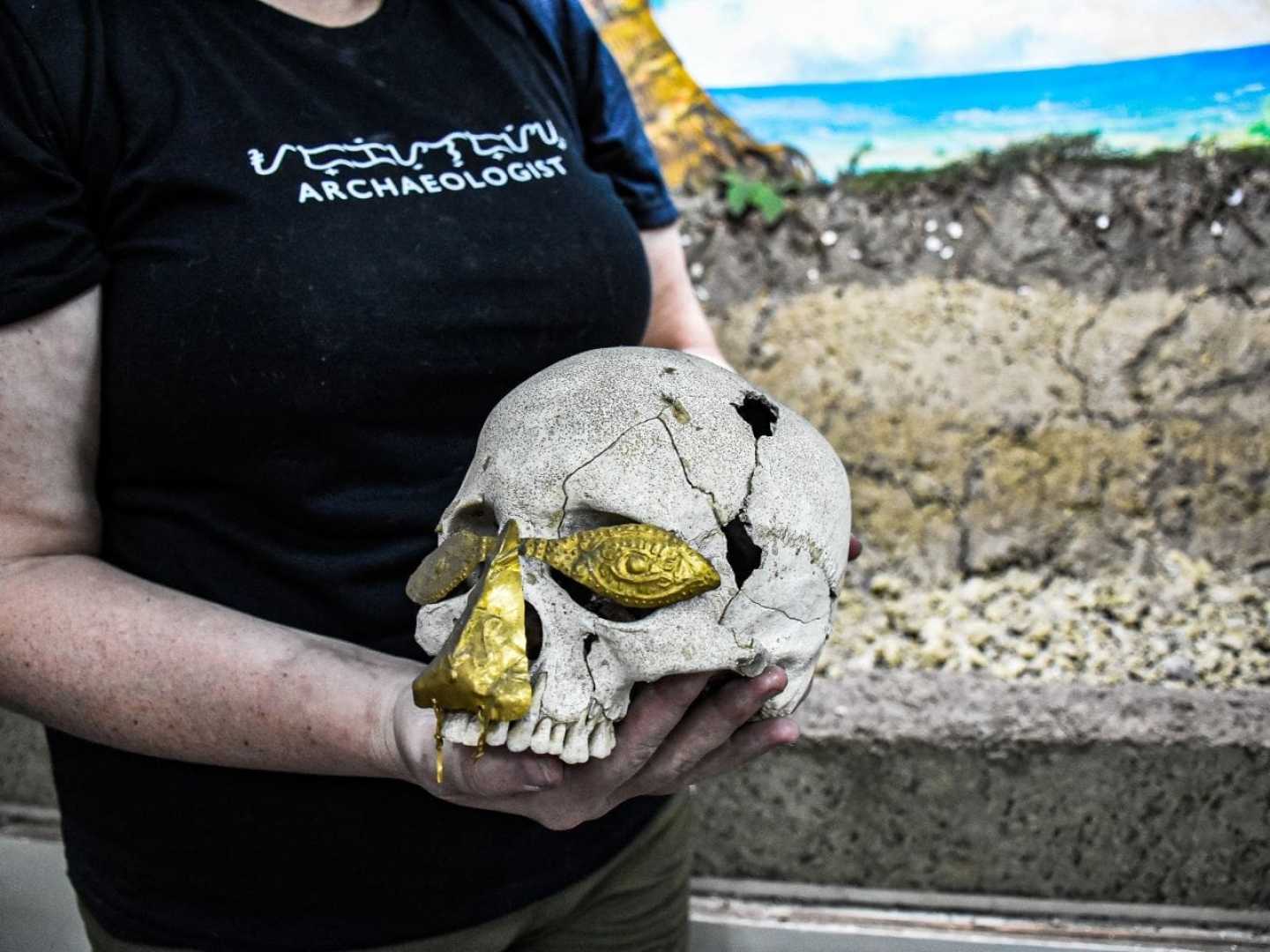News
Colossal Announces Thylacine Genome Breakthrough Amidst De-Extinction Efforts

The genome of the extinct thylacine, also known as the Tasmanian tiger, has been reportedly sequenced almost completely by de-extinction company Colossal. The company claims the genome is over 99.9% complete, with only 45 remaining gaps to address. However, Colossal has yet to provide the scientific community with substantive evidence to support these assertions.
Dr. Emilio Mármol-Sánchez of the University of Copenhagen described the challenges associated with sequencing complete genomes. “It’s a fairly difficult thing to get a fully complete genome of almost any organism,” he explained, adding that similar challenges exist with the human genome.
Thylacines were once widespread across Australia but were confined to Tasmania by the time European explorers arrived. The species’ last known member died in a zoo in 1936. Efforts to sequence its genome involved using tissue from a thylacine pouch over a century old and more recently, DNA extracted from a 120-year-old tooth.
Andrew Pask of the University of Melbourne, serving on Colossal’s scientific advisory board, stated, “Our genome is not as complete as the most complete human genome, but we were able to take advantage of some of the same technologies.” The technological approach includes long-read sequencing techniques, though these are often challenged by the fragmentation of ancient DNA.
Despite Colossal’s incomplete genome, the company is eyeing a tangible path forward in de-extincting the thylacine. It aims to modify the genome of a living marsupial species, the fat-tailed dunnart, with thylacine traits. “It’s more a recreation of some traits,” explained Mármol-Sánchez. “It would not be an extinct animal, but a pretty weird, modified version.”
To date, Colossal claims to have made 300 genetic edits to dunnart cells in culture and plans to introduce tens of thousands of base pairs of thylacine DNA. However, key questions remain about how many genetic edits are required to meet the company’s goal.
CEO Ben Lamm noted that Colossal’s focus is on de-extinction rather than academic pursuits: “We are not an academic lab where papers are their main focus. We will continue to make progress much faster than the process of writing scientific papers.”
The project has not been without its skeptics. Euan Ritchie, a conservation expert at Deakin University, cautioned that while the initiative could lead to critical breakthroughs in species conservation, composing and understanding potential ecological impacts of these recreated animals pose significant challenges.












